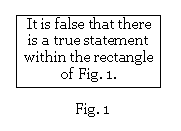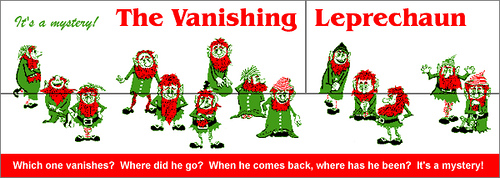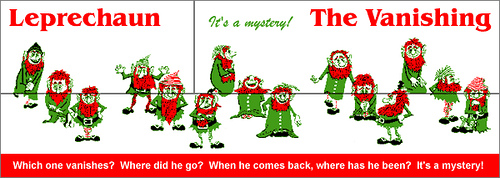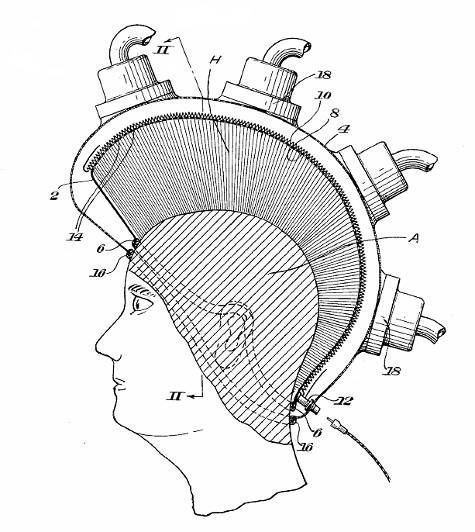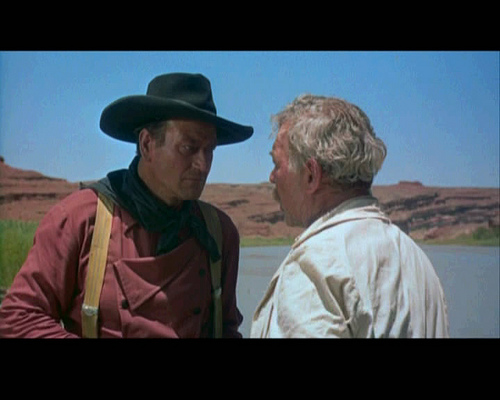Max Weiss and Jacques Schwarz led oddly symbolic chess careers: Their names mean “white” and “black,” and they tended to reach draws together. Here’s their encounter from the Nuremberg tournament of 1883:
1.e4 e6 2.d4 d5 3.exd5 exd5 4.Nf3 Nf6 5.Bd3 Bd6 6.O-O O-O 7.Bg5 Bg4 8.c3 c6 9.Nbd2 Nbd7 10.Qc2 Qc7 11.Rfe1 Rfe8 12.h3 Bxf3 13.Nxf3 h6 14.Bxf6 Nxf6 15.Nh4 Rxe1+ 16.Rxe1 Re8 17.Rxe8+ Nxe8 18.Nf5 Bf8 19.Qe2 Nd6 20.Nxd6 Qxd6 21.Qe8 Qe7 22.Qxe7 Bxe7 23.Bf5 Bg5 24.Bc8 Bc1 25.Bxb7 Bxb2 26.Bxc6 Bxc3 27.Bxd5 Bxd4 1/2-1/2
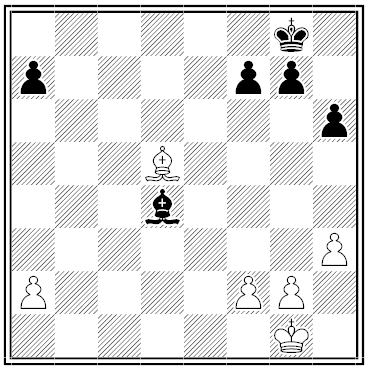
The final position is perfectly symmetrical.
Irving Chernev calls this “the perfect game” — proof, perhaps, that chess is a theoretical draw.

